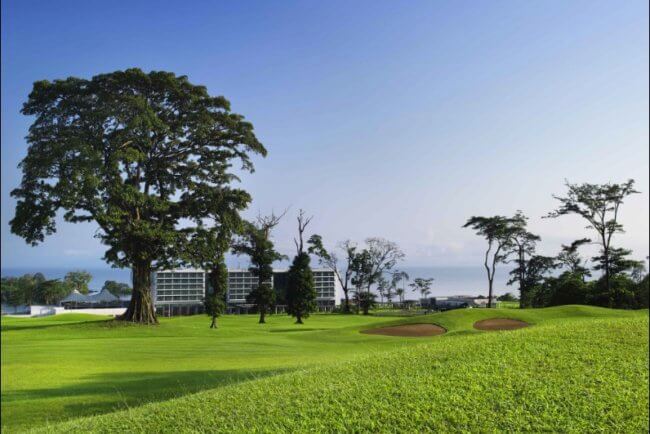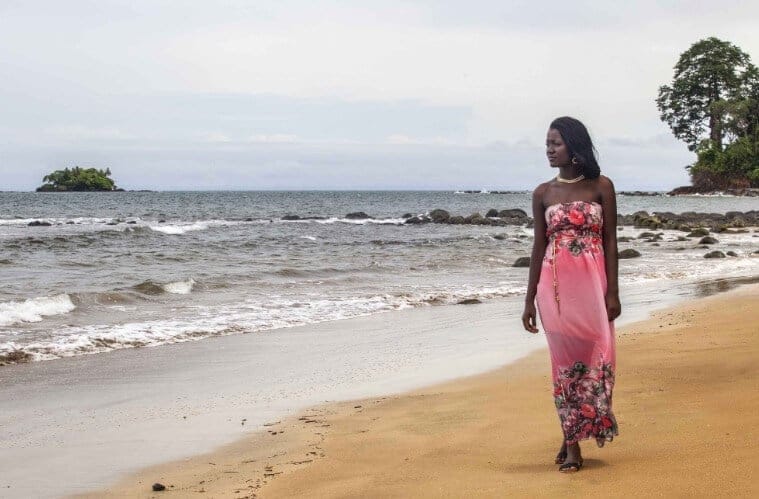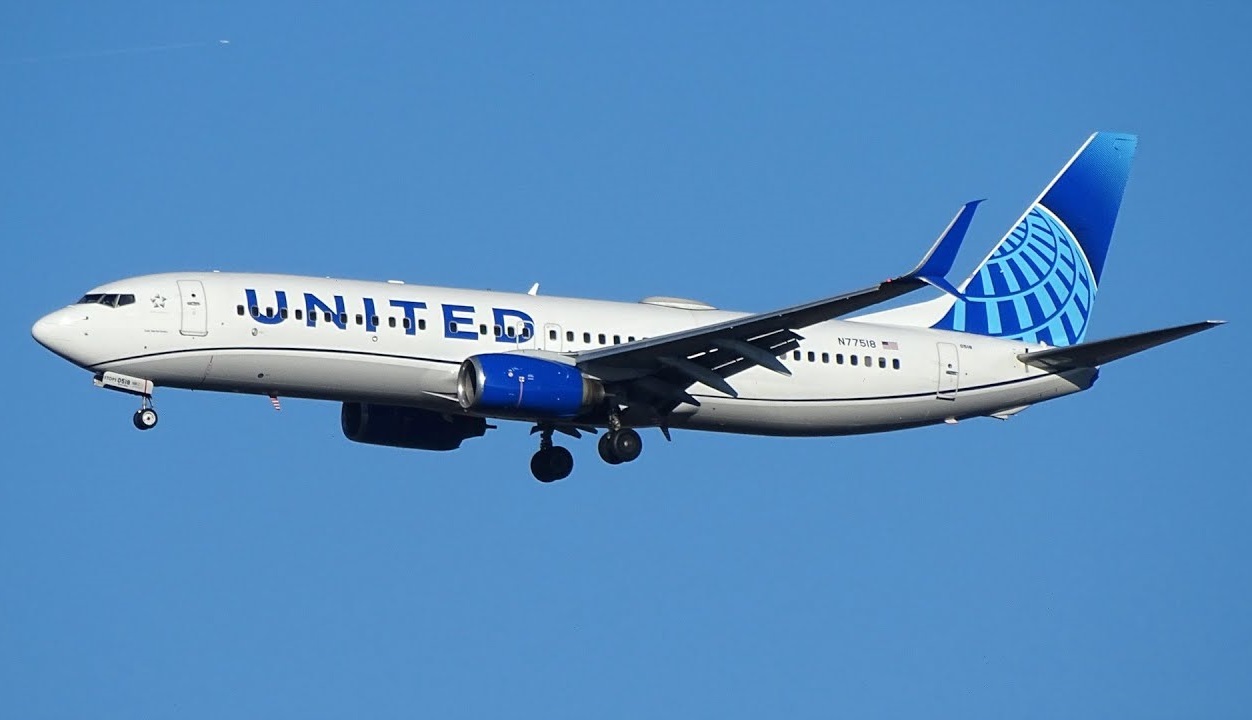There is not much known about tourism opportunities in Equatorial Guinea. The country is known as a notoriously closed country that has turned to tourism to help fill its coffers.
Set on a beach overlooking the Gulf of Guinea, the luxurious five star Sofitel Sipopo Resort his high-end hotel in a contemporary glass-accented building is 8 km from Santiago de Baney and 26 km from Malabo International Airport.
The purpose-built town was carved out of an ancient forest in 2011 at a cost of 600 million euros ($670 million), initially to host a week-long African Union summit and showcase the rise of the tiny oil-rich state.
A 16-kilometre (10-mile) drive from Equatorial Guinea’s capital Malabo, the resort boasts a vast conference centre, the Sofitel Malabo Sipopo Le Golf hotel, as well as 52 luxury villas — one for every head of state to attend the summit — each with its own swimming pool. There is also an 18-hole golf course, several restaurants and exclusive beaches guarded by police.
For almost a decade, Sipopo has been the crown jewel in a strategy to lure high-end visitors to Equatorial Guinea to diversify an economy badly hit by a slump in oil revenue.
The town seemed quite empty. A hospital was added after the villas were built, but is unused, the sources said. In 2014, a mall was built at the resort to house 50 shops, a bowling alley, two cinemas and a children’s play area.
But a hotel receptionist said the complex was not open yet, adding: “If you want to buy a souvenir, you will have to go to Malabo.” At night-time, shiny limousines arrived at a luxury restaurant to drop off diners.



Located on the mid-Atlantic coast of central Africa, Equatorial Guinea has flooded social media with messages of its allure as a holiday destination. Plans to build a new passenger terminal at the airport in Bata city have also just received a 120-million-euro ($133-million) injection from the Development Bank of Central African States.
The figures posted by the World Bank, the number of tourists for Equatorial Guinea has been left blank.
Much of the tourism in evidence are business people, such as oil company workers, relaxing for a few days, or attending energy or economic conferences.
“The country has been a mystery to outsiders, who were discouraged from entering by a difficult visa process and a lack of tourism infrastructure,” says the website of British tour operator Undiscovered Destinations.
Few Equatoguineans have the chance of staying in such places. At Sipopo’s hotel, a basic room costs the equivalent of more than 200 euros ($224) a night, while exclusive accommodation tops 850 euros. The discovery of vast oil reserves off the coast in the mid-1990s has boosted the country’s gross national income to a theoretical annual $19,500 per person per year, according to the UN Development Programme.
But that wealth benefits a small elite among the country’s 1.2 million inhabitants. More than two-thirds of Equatoguineans live below the poverty line, and 55 percent of the population aged over 15 are unemployed.
WHAT TO TAKE AWAY FROM THIS ARTICLE:
- The purpose-built town was carved out of an ancient forest in 2011 at a cost of 600 million euros ($670 million), initially to host a week-long African Union summit and showcase the rise of the tiny oil-rich state.
- For almost a decade, Sipopo has been the crown jewel in a strategy to lure high-end visitors to Equatorial Guinea to diversify an economy badly hit by a slump in oil revenue.
- The discovery of vast oil reserves off the coast in the mid-1990s has boosted the country’s gross national income to a theoretical annual $19,500 per person per year, according to the UN Development Programme.






















